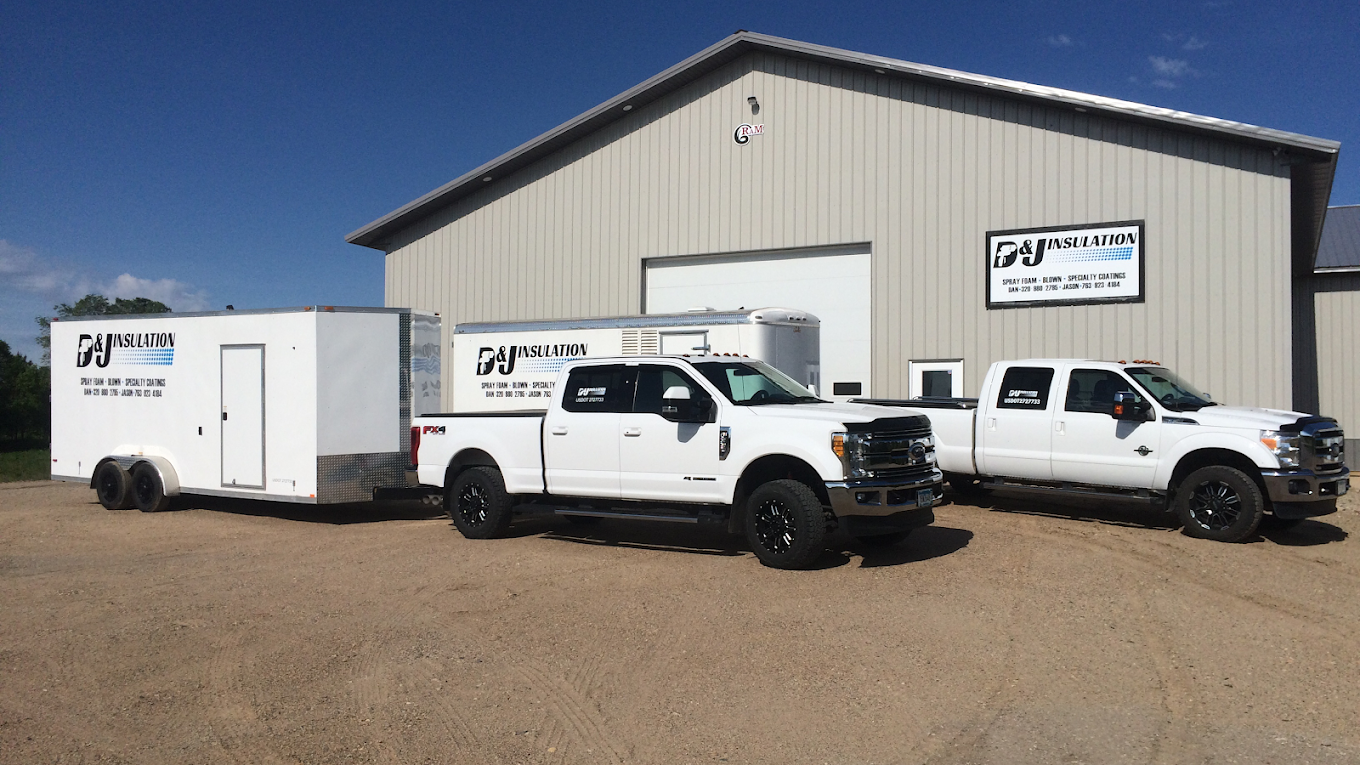
How to Choose the Right Insulation Material for Your Home Sep 29, 2025
First, let's explore the different types of insulation materials commonly used in homes. Fiberglass insulation is one of the most popular choices due to its affordability and effectiveness. It's composed of fine glass fibers and is available in batts or loose-fill. Fiberglass is particularly effective in preventing heat loss in attics and wall cavities.
Another excellent option is cellulose insulation, made from recycled paper products treated with fire retardants. This eco-friendly option is perfect for those interested in sustainable building practices. It offers superior resistance to air leakage and a decent R-value, which measures the thermal resistance of insulation.
For homeowners looking for a high-performance option, spray foam insulation is a compelling choice. Spray foam expands upon application, filling gaps and creating a robust air seal, making it ideal for irregularly shaped spaces and hard-to-reach areas. Though more expensive, the investment often pays off through significant energy savings.
Mineral wool insulation, known for its fire-resistant properties, is another contender. Made from natural materials like basalt or industrial waste, it's available in batts and loose-fill forms. Its ability to withstand high temperatures makes it a safe choice for spaces where fire safety is a concern.
Understanding the climate of your region is critical in choosing the right insulation. For homes in cooler climates, insulation with a higher R-value, such as fiberglass or spray foam, ensures that the household remains warm by reducing heat loss. Conversely, in warmer climates, insulation materials like cellulose or mineral wool can effectively keep homes cool by blocking heat transfer.
Budget considerations are also essential. Fiberglass and cellulose offer cost-effective solutions for those on a tight budget. However, if long-term savings and superior performance are priorities, investing in spray foam might be worthwhile despite the higher initial cost. Consult with D&J Insulation to discuss financing options that can make these investments more manageable.
Moreover, consider the specific needs of your home. If soundproofing is a priority, materials like mineral wool and cellulose provide excellent acoustic insulation. For hard-to-insulate areas, such as basements and crawl spaces, spray foam's versatility cannot be overstated.
Finally, professional guidance can greatly facilitate the selection process. An insulation contractor like D&J Insulation brings expertise and experience, ensuring that you not only choose the best material for your home but also receive quality installation, maximizing the effectiveness of your insulation.
In conclusion, selecting the right insulation material involves evaluating various factors such as climate, budget, and specific home features. By carefully considering these elements and consulting with professionals, you can achieve energy efficiency and comfort tailored to your home's unique requirements. At D&J Insulation, we're committed to helping you make an informed decision that enhances your living environment and reduces your energy costs. Contact us today to discuss the best insulation options for your home and start enjoying a more comfortable, efficient living space.
/filters:no_upscale()/media/cd7d853d-2ce7-4493-9815-d5aca68bc249.jpeg)